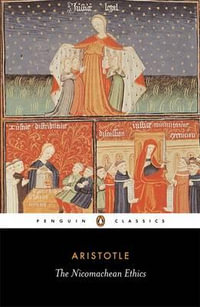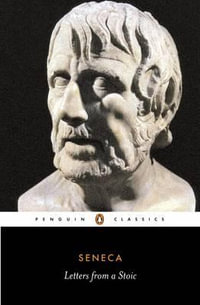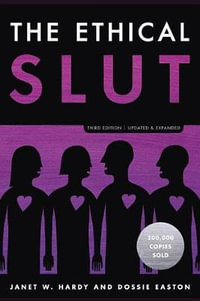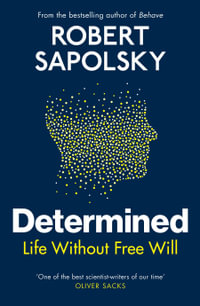In this unique work, James P. Sterba argues that traditional ethics has yet to confront the three significant challenges posed by environmentalism, feminism, and multiculturalism. He maintains that while traditional ethics has been quite successful at dealing with the problems it faces, it has not addressed the possibility that its solutions to these problems are biased in favor of humans, men, and Western culture. In Three Challenges to Ethics: Environmentalism, Feminism, and Multiculturalism, Sterba examines each of these challenges. In the case of environmentalism, he argues that traditional ethics must incorporate conflict resolution principles that favor nonhumans over humans in a significant range of cases. In terms of feminism, he maintains that traditional ethics should rule out gendered family structures and implement an ideal of androgyny. In regard to multiculturalism, he contends that traditional ethics must endorse an ethics that is secular in character and that can
survive an extensive comparative evaluation of both Western and non-Western moral ideals and cultures. The only textbook devoted to this topic, Three Challenges to Ethics is an engaging text for introductory courses in ethics and moral problems and is also interesting and provocative reading for scholars and general readers.
Industry Reviews
"A very readable volume, with many real-world historical examples to illustrate key points.--Choice
"Three Challenges to Ethics is as accessible as it is challenging, framing not only the right questions but profound solutions with respect to the vexed sociopolitical and economic relationships plaguing contemporary American life. This is essential reading for anyone concerned with issues of justice and sustainability."--Ward Churchill, author of Indians Are Us?
"Sterba's present book continues his longstanding and important project of bringing marginalized and mainstream ethical traditions into constructive engagement with each other. His chapter on feminism provides an admirably clear and accessible exposition of several challenges posed to mainstream ethics by feminist thinking."--Alison Jaggar, author of Feminist Politics and Human Nature
"Sterba's analysis of how environmental ethics unsettles established ethical convictions is seminal, and few ethicists are more resolute in forging better principles to meet this challenge--a synthesis of anthropocentric and biocentric concerns. Ethics is peacemaking, he argues, and he embodies this claim full force in his placing of nature in culture, and of people on their Earth."--Holmes Rolston, III, author of Environmental Ethics
"An important breakthrough that benefits beginners as well as those who welcome a lucid breath of fresh air in ethics texts."--Hal McMullen, Lord Fairfax Community College
"The blend of theory and factual content in Sterba's critical study of the relationship between traditional ethical theory and current concerns about ethical and social issues involving the environment, feminism, and the commitment to multiculturalism makes for a provocative and challenging contribution to applied ethics."--E. Feingold, Pratt Institute
























